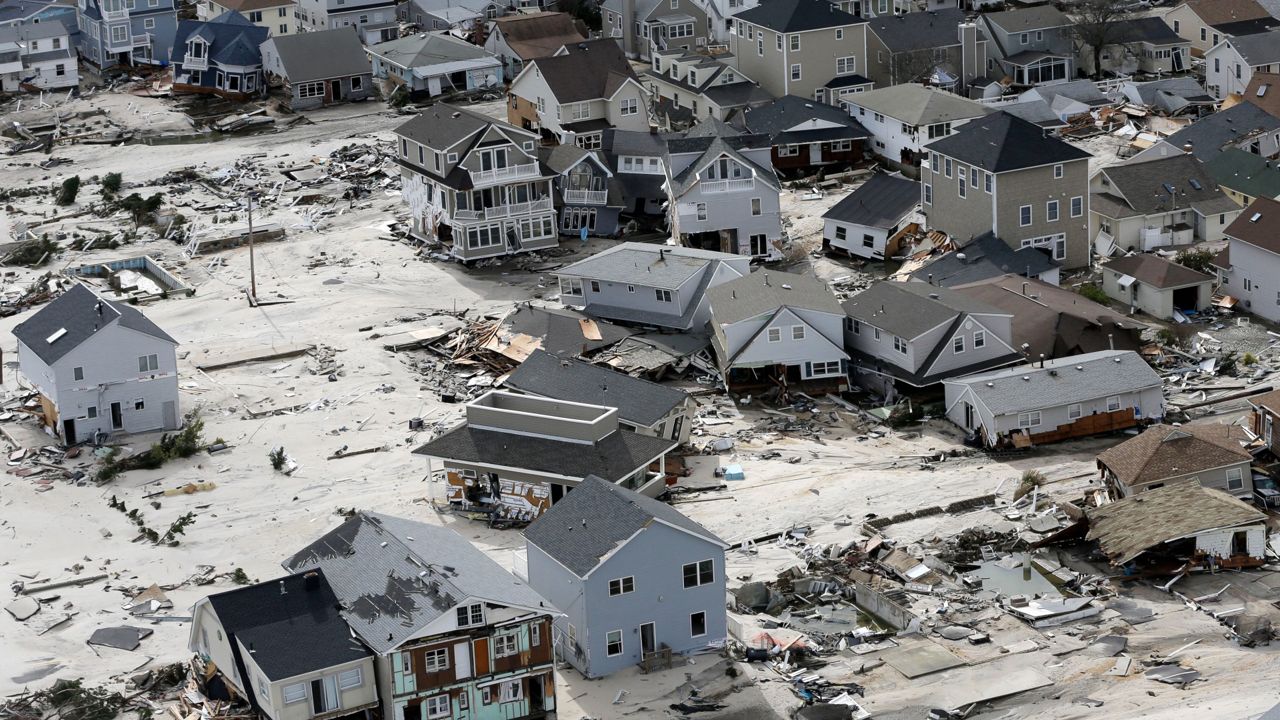While city officials were able to calculate the physical destruction caused by Hurricane Sandy years ago, experts are still grasping the scope of the mental anguish it caused city residents — even those who were in the womb when it happened nearly a decade ago.
In a study published Wednesday in the Journal of Child Psychology and Psychiatry, researchers found that children who were in the womb during 2012’s Hurricane Sandy were more likely to develop depression, anxiety, and attention deficit/disruptive behavior disorders compared to children who were not.
The research, conducted by experts from the Icahn School of Medicine at Mount Sinai and the CUNY Graduate Center, also found the results to be sex-specific: male children had distinctly higher risks for attention deficit and disruptive behavioral disorders, while female children had higher risks for anxiety disorders, phobia, and depressive disorders.
“We’ve known for some time that maternal stress during pregnancy plays a key role in the mental health development of the child,” the study’s principal investigator, Yoko Nomura, said in a statement.
Data from the study shows children in utero during Hurricane Sandy had higher rates of anxiety (53%), compared to children who were born before or after the storm (22%).
Additionally, exposed children also had higher rates of attention deficit disorder (30%), compared to non-exposed children (8%).
Data was collected from 163 preschool-aged children from diverse racial and economic backgrounds, according to the study: 40.5% of the children were exposed to Hurricane Sandy in utero and 59.5% of the children were not.
“Our ongoing study elucidates the impact of environmental stress on the psychiatric development of preschool children and the elevated risks for early psychopathology in this population,” Dr. Jeffrey Newcorn, a professor of psychiatry and pediatrics and a co-author of the study, said in a statement.
When asked how parents and policy makers can provide support to minimize the risk for such development of psychiatric disorders, the experts admitted it’s an area with which they’re still struggling, especially as climate change accelerates and weather events such as Hurricane Sandy become more common.
Dr. Newcorn, however, said it’s helpful to think of the question in two ways: what can you do to mitigate stress during extreme weather events, and how can you handle and cope with stress after the fact?
Nomura added that education is key.
“We should educate pregnant women about the risks associated with exposure [to extreme weather events]; therefore, they won’t feel so reserved about putting their needs forth,” she said.



